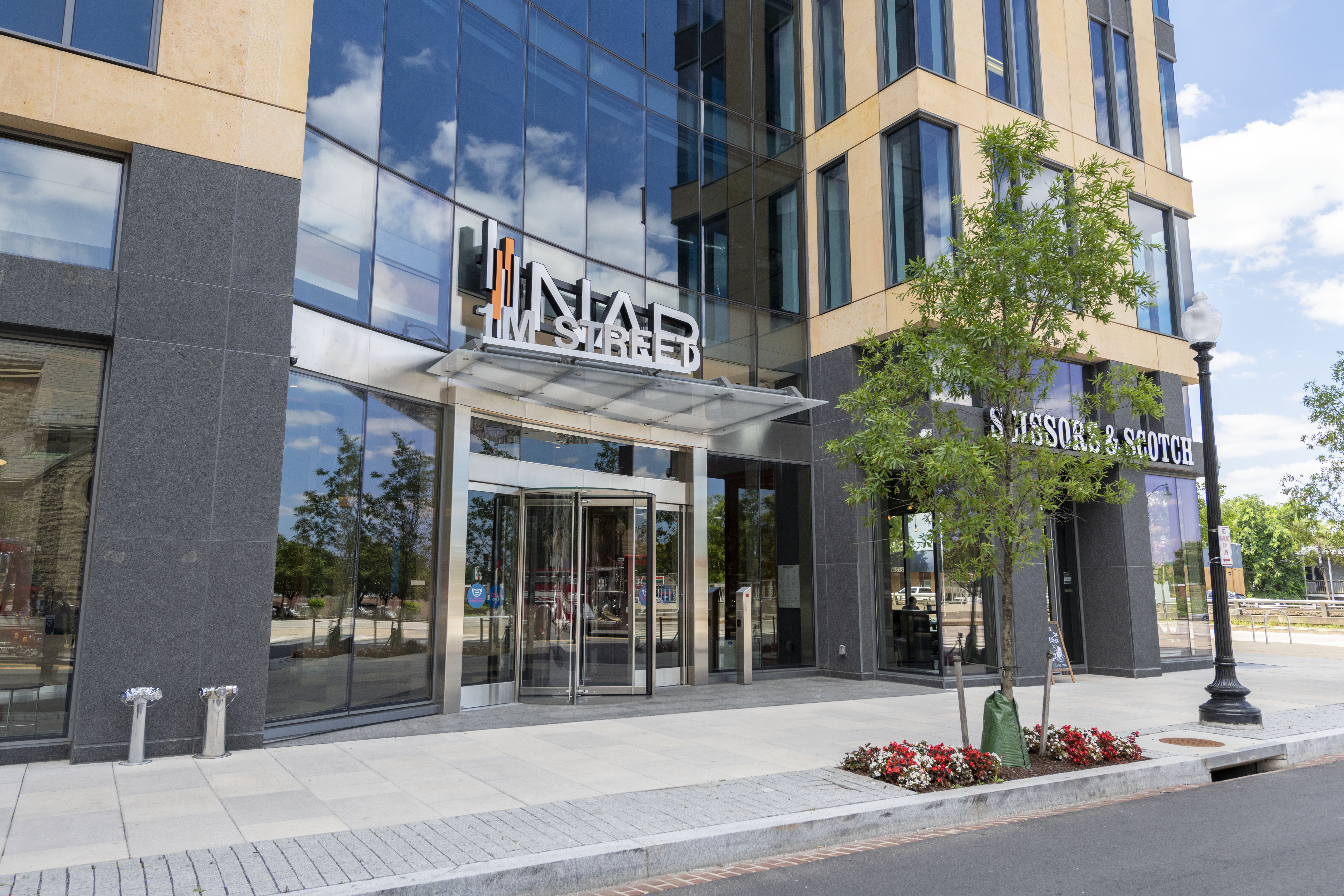Incentive Auction First Round Ends
WASHINGTON—The opening round of the 2016 TV spectrum incentive auction has officially ended, marking the launch of a weeks-long process to reassign broadcast TV channels for use by wireless broadband providers. The Federal Communications Commission opened first round of the reverse auction Tuesday morning at 10 a.m and ran it through 4 p.m. ET. An FCC spokesman said nothing is likely to change on the commission’s auction dashboard after the first day except for the “Current Round” indicator.
The FCC opened the auction with a 126 MHz clearing target, which would leave 100 MHz to actually auction off for licensed use. The remaining 26 MHz would be assigned as guard bands and for use by unlicensed devices, including wireless microphones. The reverse auction rounds—where broadcasters accept or reject bids for relinquishing all or part of their spectrum, or for moving to less desirable spectrum—will continue until the commission reaches the 126 MHz target. The wireless providers and other qualified bidders then will participate in a forward auction, the proceeds of which must cover broadcasters’ asking prices as well as their moving fund. If they do, the auction closes. If they do not, the reverse auction will resume with a lower clearing target.
In order for the auction to close at 126 MHz, Wells Fargo Analyst Marci Ryvicker estimates that proceeds must reach $37 billion.
This $37 billion equals 89 cents per MHz/pop for the broadcasters and $1.18 per MHz/pop for forward auction bidders she said.
“Our bottoms-up analysis suggests a range of $28 billion to $37 billion for the forward auction” she wrote. “At $28 billion, the FCC would need to move to a subsequent stage [with a] 114 MHz clearing target. At $37 billion, the auction might just clear at 126 MHz.... We do caveat that the amount could end up being much higher or lower--it all depends on the broadcasters' respective walkaway prices.”
Ryvicker said clearing 126 MHz would be a “positive catalyst” for Comcast, Dish Network and Nexstar, in particular. Among those TV station groups most likely to benefit in the reverse auction are CBS, Fox, NBC, Sinclair, Media General and Tribune, she said. AT&T and T-Mobile have the “best chance of winning a material amount of spectrum in the forward auction,” she said.
The reverse auction will comprise 52 rounds, including one each on May 31 and June 1, and then two per day starting June 2. Ryvicker said the Wells Fargo team expects the reverse auction to continue through June and the forward auction to start after the July 4 holiday weekend.
“Once the reverse auction ends, we won’t know who won, but we will know the total clearing cost—meaning what the forward auction needs to produce in order to satisfy the final stage rule—one of the most complicated yet important parts of this entire auction. The forward auction will have as many rounds as necessary to deplete demand.”
Get the TV Tech Newsletter
The professional video industry's #1 source for news, trends and product and tech information. Sign up below.
